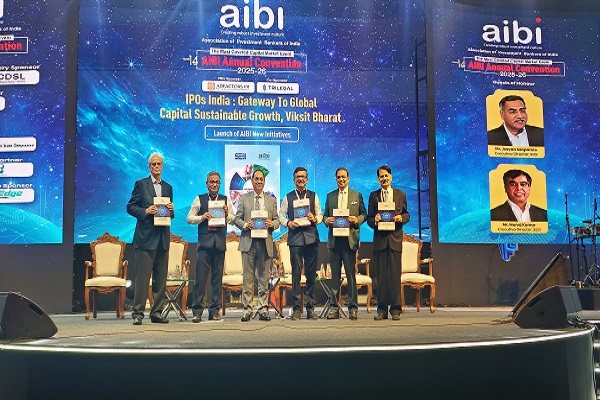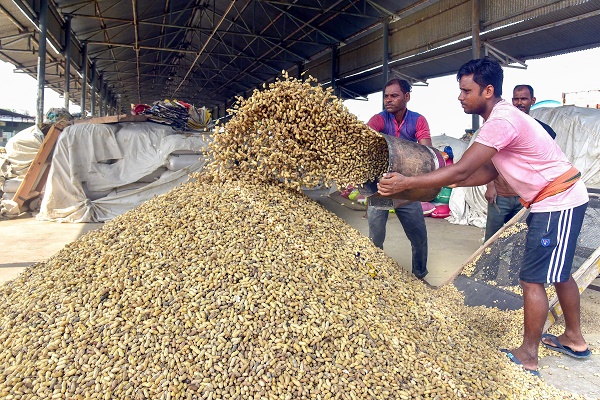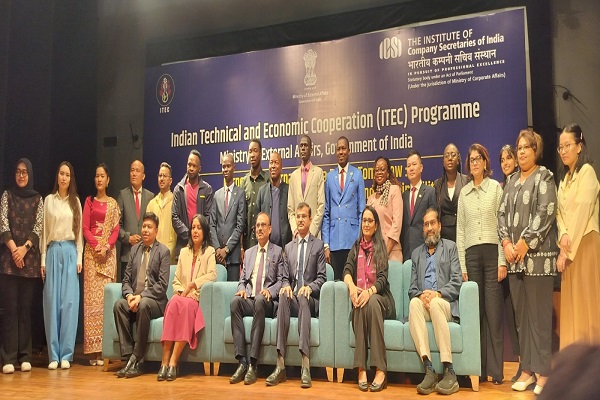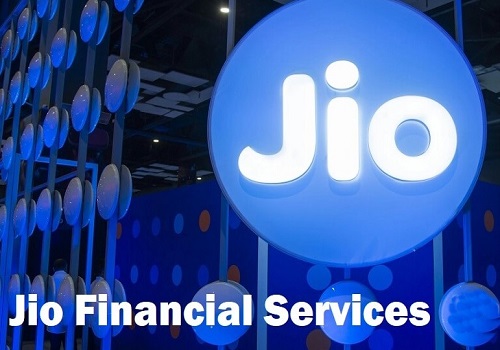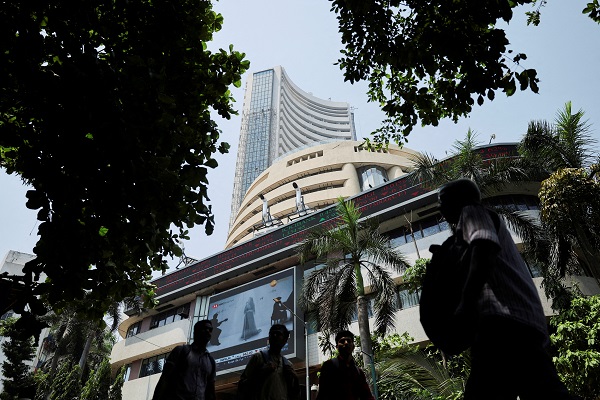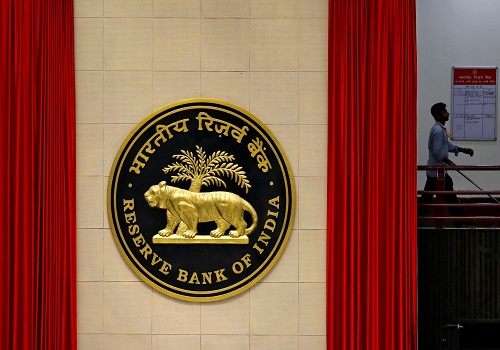GST Reform 2.0 : GST Reform 2.0: A New Chapter in Consumption-Led Growth! by Axis Securities
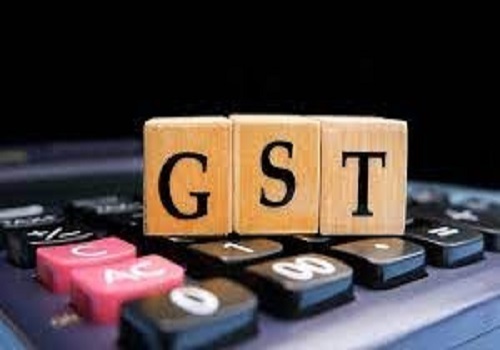
GST Reform 2.0: A New Chapter in Consumption-Led Growth!
The 56th GST council meeting was held on 3rd Sep’25. In a landmark move, the central government has rationalised the GST slabs from four to three, indicating an overall reduction in taxes on essential as well as aspirational goods. Now with GST 2.0 reforms, 12% and 28% categories have been scrapped, and the majority of the items are now under the 5% and 18% slabs. Some sin goods have been moved to the 40% category. On a positive side, Nil GST has been imposed on certain categories to boost the consumption in the economy. All the revised GST rates are applicable from 22nd Sep’25 onwards, the day marked with the first day of the Navratri festival. This reform aims to simplify the GST rates, ease compliance, create higher disposable income and stimulate long-term economic revival.
A New Chapter in Consumption-Led Growth!
The government has now shifted gears from Capex-oriented spending to consumption-led spending, starting from the FY26 Budget onwards. The past decade was defined by development-focused schemes, with the construction of roads, bridges, metro systems, and other infrastructure projects serving as benchmarks for the ruling party's success. Now, with the Feb’25 budget, more focus has been given to the rural masses and the middle class for spurring consumption via tax relief, indicating a shift in the economic regime. And now, GST 2.0 reforms are further strengthening the agenda of consumption pick-up moving forward. This consumptionled growth will have a cascading effect on the economy and provide a much-needed boost to the private capex, which has been sluggish for several years.
Macro-economic Impact of GST 2.0
1) Impact will be broad-based: Unlike Income tax cuts, welfare schemes, and subsidies, the GST rate cut would benefit all sections of the household and impact a wider population, especially rural India and lower to medium-income households.
2) It was a need of an Hour: Consumption patterns were clearly muted from the last 4-6 quarters, subdued due to multiple challenges like higher inflation, slowing urban demand, and slowing credit growth. Now with GST 2.0, a new leg of consumption-led growth opens the avenues of the multiplier effect in the economy.
3) Prospects for the domestic economy to bounce back have improved further: Both the RBI and the government are providing support by frontloading all the fiscal and monetary measures to the Indian economy. These are all pro-growth initiatives. These measures include a) A 50 bps CRR cut in Dec’24, b) A 100 bps rate cut till now, c) Improved bank liquidity, d) The RBI Dividend, e) A consumption boost provided in the budget, and f) An uptick in the government CAPEX spending. On top of this, the government has passed GST 2.0 reforms. Collectively, all these indicate better days for the economy going ahead.
4) Sectoral Impact: Rationalisation in GST is likely to benefit MSMEs, SMEs, Rural, and Urban consumption. It is also likely to improve the discretionary income for the masses, which will benefit the Consumer Discretionary sector and improve the credit growth, which has been sluggish since FY25. Some of the key sectors that could be key beneficiaries are: Insurance, Consumer Durable, Building Materials, Automobiles, Retail, Cement, FMCG, and Real Estate
The market is likely to give a thumbs up to the recent development; however, the meaningful development in the operational performance of the Indian corporate is likely to come in H2FY26. Furthermore, the earnings of the Indian corporates are likely to revive from the second half onwards. Till then, the market will continue to closely watch key developments in the a) Macro economy, b) Tariffs, c) Bond Yields, d) Developments in the consumption trends and d) Flows.
Our Positive GST 2.0 play (Coverage): Majority of FMCG companies, All Cement Companies, Maruti, TVS Motors, Hero Motocorp, UNO Minda, Trent, Avenue Supermart, Doms Industries, Relaxo, Westlife Foodworld, Inox Wind, SBI Life, Bajaj Finance and SBI Cards





For More Axis Securities Disclaimer https://simplehai.axisdirect.in/disclaimer-home
SEBI Registration number is INZ000161633



